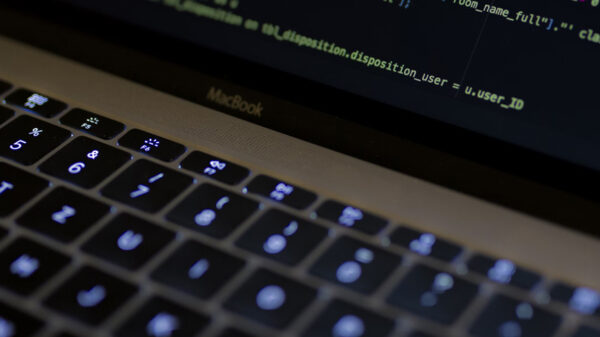Sophos, a global lplayereader in innovating and delivering cybersecurity as a service, released the findings of its fourth “The Future of Cybersecurity in Asia Pacific and Japan” report in collaborationwith Tech Research Asia (TRA). The report found that 94% of respondents in cybersecurity and IT roles in the Philippines are impacted by burnout and fatigue, the highest among the markets surveyed. Across the region, an average of 90% of respondents in cybersecurity and IT roles are impacted by burnout and fatigue.
The study revealed that burnout is felt across almost all aspects of cybersecurity operations, with 88% of respondents in the Philippines saying that feelings of burnout increased in the last 12 months with 36% saying that this burnout makes them “less diligent” in their cybersecurity roles; 11% of respondents identified that cybersecurity burnout or fatigue contributed to, or was directly responsible for, a cybersecurity breach and 19% of companies experienced slower than average response times to cybersecurity incidents. Companies in the Philippines were the most impacted by lost productivity.
Causes of cybersecurity burnout and fatigue
The five leading causes of cyber burnout and fatigue in the report include:
- A lack of resources available to support cybersecurity activities
- The routine aspects of the role, which create a feeling of monotony
- An increased level of pressure from board and/or executive management
- Persistent alert overload from tools and systems
- Increase in threat activity and the adoption of new technologies that foster a more challenging, always-on environment.
The impact of burnout and fatigue on cybersecurity employees
The study revealed that in the Philippines:
- 36% felt they were not diligent enough in their performance
- 36% felt heightened levels of anxiety if subject to a breach or attack
- 23% experienced feelings of cynicism, detachment, and apathy toward cybersecurity activities and their responsibilities
- 17% of resignations were a result of stress and burnout
“When organisations struggle with cybersecurity skills shortages, and an increasingly complex cyberattack environment, employee stability and performance are critical for providing a solid defense for the business. Burnout and fatigue are undermining these areas, and organisations need to step up to provide the right support to employees, especially when, according to our research, 11% of respondents identified that cybersecurity burnout or fatigue contributed to, or was directly responsible for, a cybersecurity breach,” said Aaron Bugal, field CTO at Sophos.
“This Sophos and TRA report provides timely insight into organisational cyber stress and demonstrates that things must change. Although there’s no simple fix, an attitude adjustment would go a long way to defining the right expectations for evolving into a cyber-resilient business. Boards and executive committees must drive change and demand responsibility from their deputised charges for better governance around cyber approaches. However, they need to clearly articulate their accountability in developing and maintaining a plan because cybersecurity is now a perpetually interactive sport – and there needs to be a team that provides adequate coverage around the clock.”
The impact of cybersecurity burnout and fatigue on business operations
There were four key areas where cyber burnout and fatigue had a direct effect on business operations in the Philippines:
- Direct contribution to breaches: 11% of respondents identified that cybersecurity burnout or fatigue contributed to, or was directly responsible for, a cybersecurity breach
- Slower response times to cybersecurity incidents: 19% of companies experienced slower than average response times to cybersecurity incidents
- Lost productivity: Businesses are experiencing a productivity loss of 4.6 hours per week amongst cybersecurity and IT professionals, with companies in the Philippines and Singapore (4.2 hours/week) having the worst impact, while India and Japan (both 3.6 hours/week) were the least affected
Resignations and employees moving on: Stress and burnout were directly attributed as a cause of cybersecurity and IT professional resignations in 48% of companies in the Philippines, the highest in the region. Organisations in the Philippines also noted that, on average, 13% of them had “moved on” a cybersecurity or IT employee due to the individual being impacted by stress or burnout. Malaysia (23% of companies) and Singapore (26%) had the highest incidence of this practice.














































































































